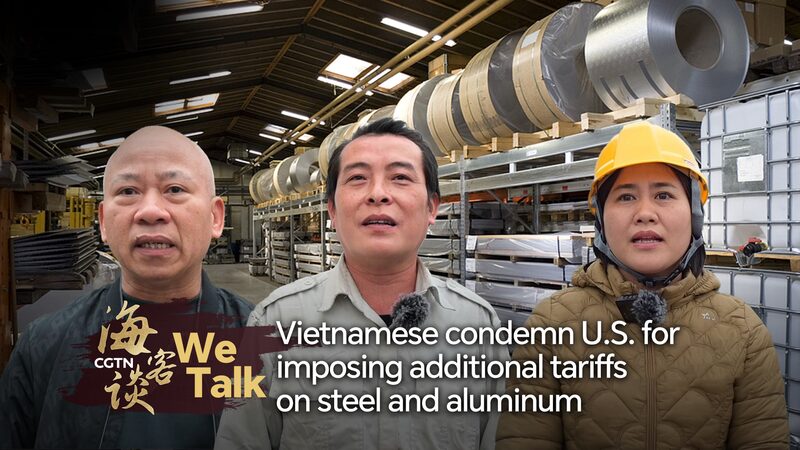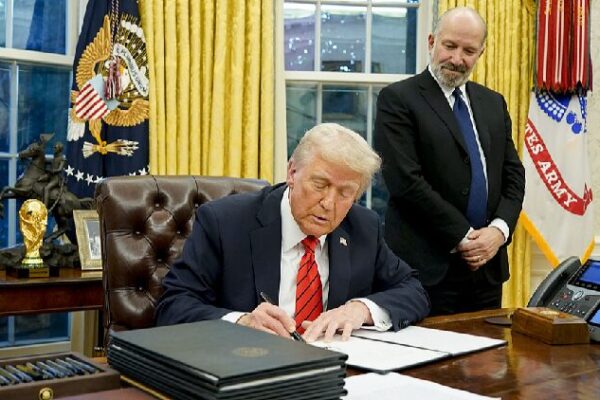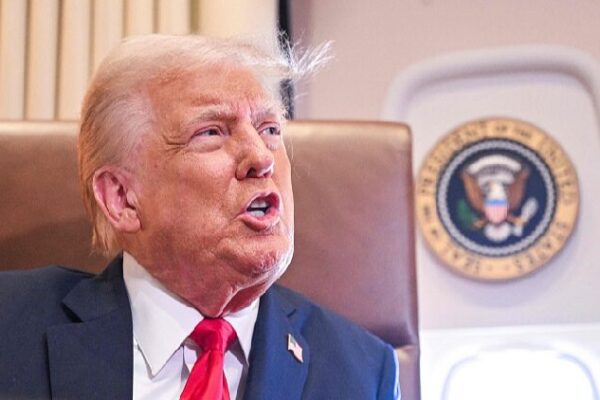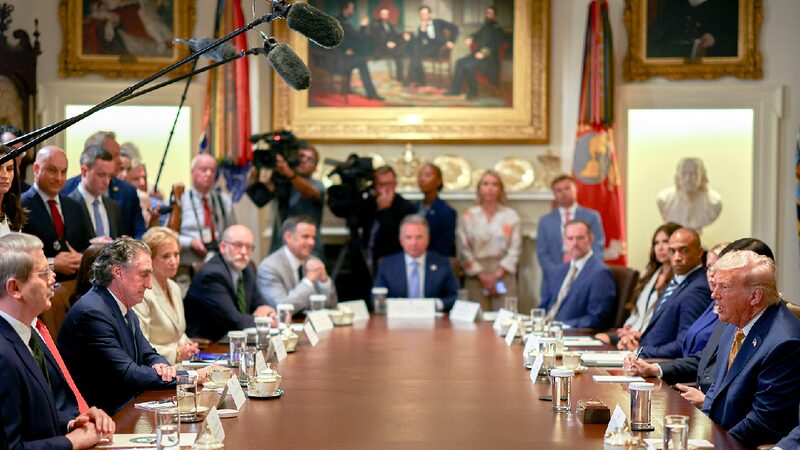On February 10, the United States announced a significant trade policy change that has sent ripples across the global market. President Donald Trump signed an executive order imposing a 25% tariff on all steel and aluminum imports, removing all previous exemptions, quotas, and exclusions related to these tariffs.
This decision has drawn widespread attention and strong reactions worldwide. In Vietnam, a country with a rapidly growing steel and aluminum industry, workers are expressing concerns over the potential impact on their livelihoods.
“We are worried about the new tariffs,” said Nguyen, a worker at a steel factory in Ho Chi Minh City. “Under a reciprocal tariff system, we might face more challenges exporting our products to the US market.”
The US has been a key market for Vietnamese steel and aluminum exports. The new tariffs could lead to decreased demand, affecting both production and employment in Vietnam’s metal industries.
Another worker, Tran, shared similar sentiments: “These tariffs could put us at a disadvantage. We hope there will be negotiations to ease the impact on workers like us.”
The move by the US is part of a broader effort to protect domestic industries, but it has raised concerns about escalating trade tensions and affecting global supply chains.
Industry experts are monitoring the situation closely. There’s hope that discussions between affected nations could lead to more favorable outcomes for workers and businesses alike.
Reference(s):
Vietnamese condemn U.S. for imposing tariffs on steel and aluminum
cgtn.com








